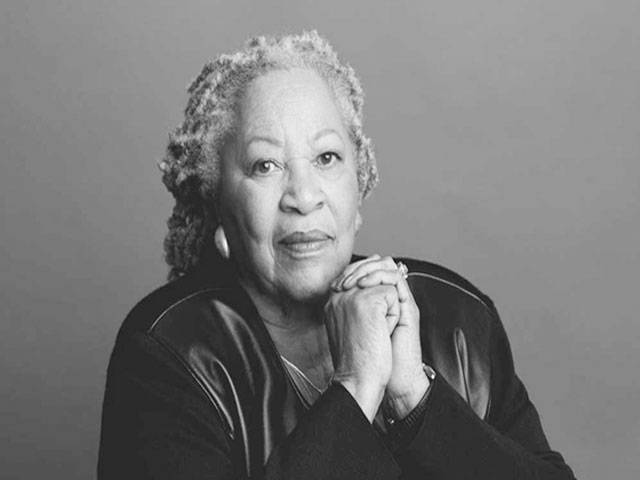“Oppressive language does more than represent violence; it is violence, does more than represent the limits of knowledge; it limits knowledge.”
–Toni Morrison
Born in Ohio in 1931, Toni Morrison was an American novelist, essayist, editor and Professor whose works creatively, compassionately, intelligently stretched the inter-woven strands of racism, class and gender running through American society. She was the first black woman editor at Random House publications when she joined it in 1967. As an editor, she tried to bring marginalized black histories, literatures to the mainstream. One example was the publication of an anthology of black history, “The Black Book”, in 1974. She wrote over a dozen novels each grappling with the complex quests of black identity, culture, history in America. Her most famous novel “Beloved” was inspired by the true story of a black woman in America who escaped slavery. When the slave hunters came to take her back, she killed her two years old daughter and was about to take her own life when the hunters budged in and caught her. Her Nobel Prize speech in 1993 focused on how the language has systematically been simplified to circumscribe imagination, knowledge and then used as a tool to justify violence (racism). She therefore called it the job of a writer to fight against this limitation of language/imagination/knowledge by telling varied, multiple, complex, honest stories. Toni Morrison died the day before yesterday on 6th August.
Toni Morrison might have died but her work will remain to fight, challenge multiple kinds of violence justified, normalized for us through language. Switch on the TV. Watch News. The state will justify its curbing of different ethnic rights movements in the country. Note the use of language. Now read Mohammad Hanif’s works on Hazaras and Balochis. Do you see the violence of language Morrison fought against throughout her life?






